
A train runs on the Hotan-Ruoqiang railway in the desert area of the Xinjiang Uygur autonomous region. Partly built by CRCC, the rail line is a key link in Northwest China. (Photo provided to China Daily)
"New productive forces" will play a pivotal role in the nation's pursuit of high-quality development, and should be positioned as a key mission by major corporates, especially State-owned enterprises, to help drive the nation's modernization progress, said a political advisor during the ongoing two sessions in Beijing.
"There are existing challenges hindering not only the nation's but enterprises' march to high-quality development, with issues such as reliance on external technologies and the dilemma of 'big but not strong' industries looming large," said Dai Hegen, a member of the 14th National Committee of the Chinese People's Political Consultative Conference.
To address this issue, State-owned enterprises, being major players in the country's economy, should go beyond conventional pathways to actively join the efforts to foster high-quality development, said Dai, who is also the chairman of China Railway Construction Corp, a centrally-administered SOE specializing in infrastructure.
SOEs should embrace innovation as the driving force to help nurture advanced productivity, with a "robust focus on scientific and technological innovation, particularly in pioneering and disruptive realms", he said, adding such disruptive technologies hold the promise of transforming existing paradigms and steering the nation toward a future of unparalleled progress.
New productive forces refer to advanced productivity freed from traditional economic growth models. They feature high technology, high efficiency and high quality, and align with the country's new development philosophy.
Amid China's relentless efforts to seek high-quality development and new advantages, the key to the mission lies in empowering enterprises to be self-reliant in terms of critical technologies, so that they can cultivate new productive forces and boost the nation's high-quality progress, Dai said.
According to the National Bureau of Statistics, China's total expenditure on research and development in 2023 grew by 8.1 percent to over 3.33 trillion yuan ($426 billion), with enterprises being major players in the sector. The country also tops the world in the total number of R&D personnel.
To further leverage innovation and speed up the development of new productive forces, China has established scientific and technological partnerships with more than 160 countries and regions worldwide in clean energy, artificial intelligence and biomedicine.
As for CRCC, it has long been building China's high-speed railways, and continues to be committed to enhancing R&D in technologies, with some of its efforts bearing fruit, like the world's first 1,000-metric-ton bridge erection machine Kunlun and the world's largest-diameter tunnel boring machine or TBM, the company's chairman said.
On this year's proposals, Dai said he is stressing that the potential of urban underground spaces should be unlocked. This represents a strategic choice for the nation's urbanization and sustainable development.
China should make concerted efforts to establish a hub for original technologies in underground space development, intensify research in cutting-edge equipment and materials, and bolster the industrial ecosystem to realize the full potential of underground spaces, he said.








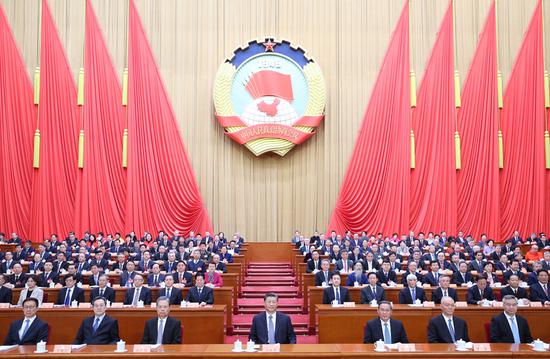
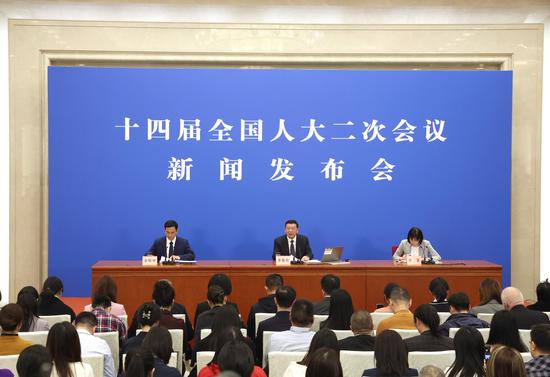
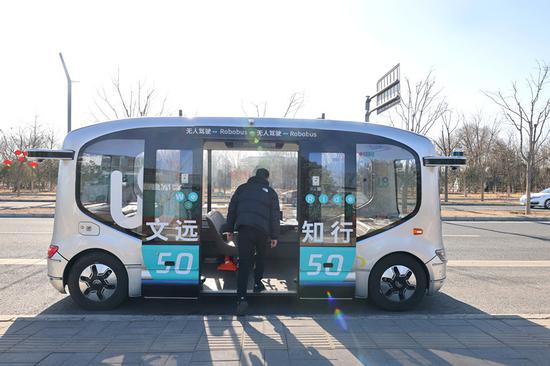



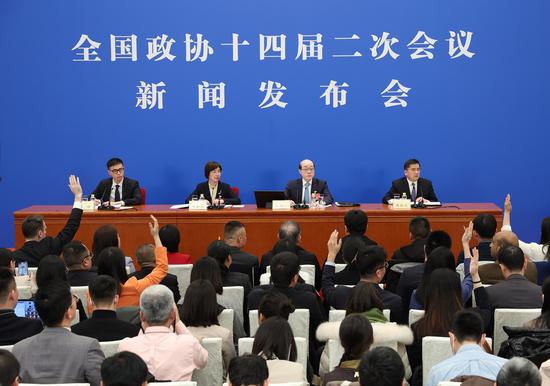


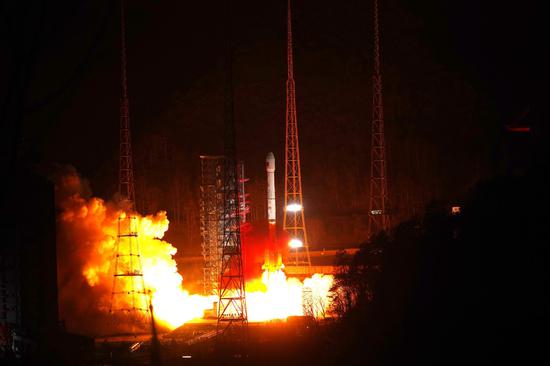
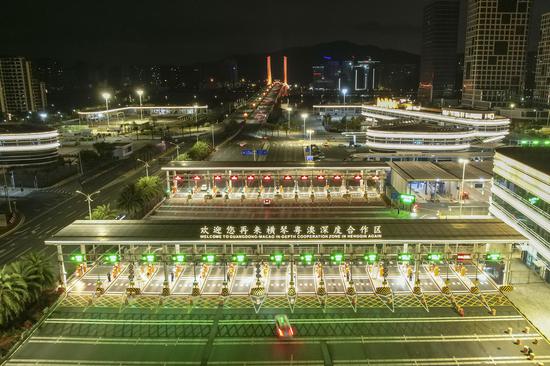








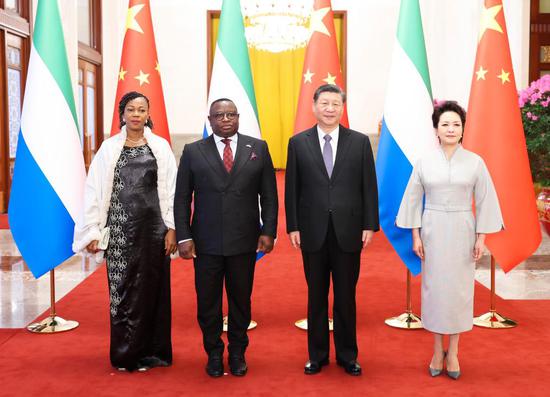

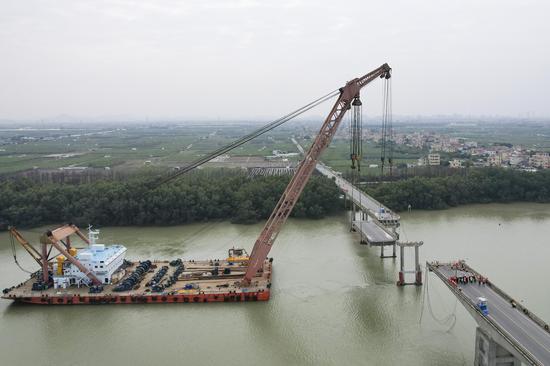
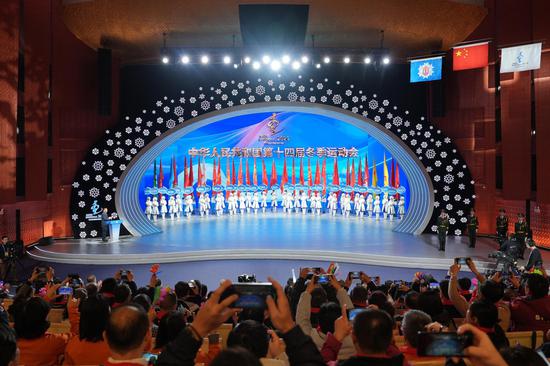


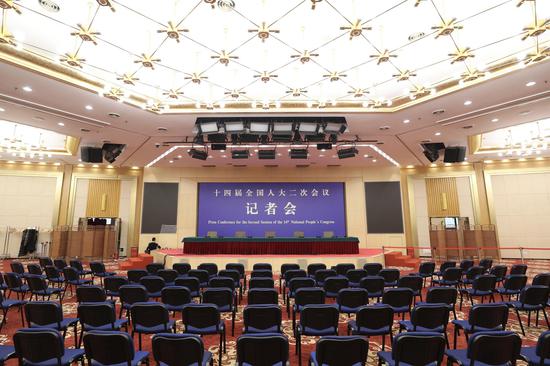
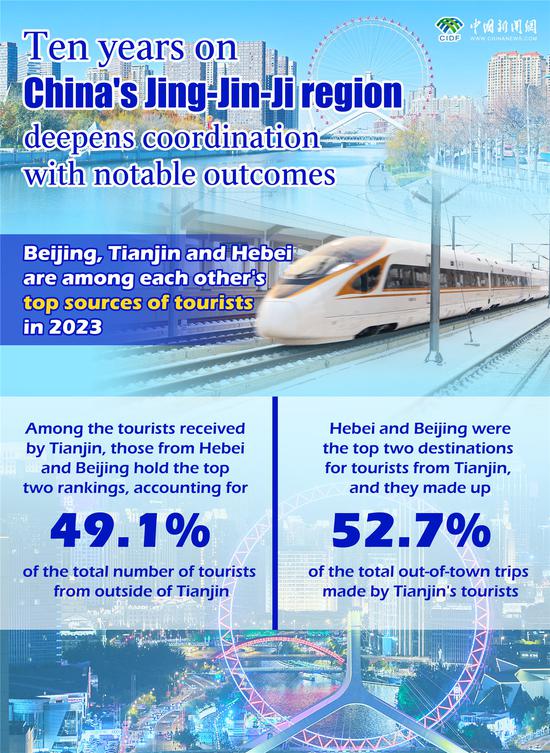
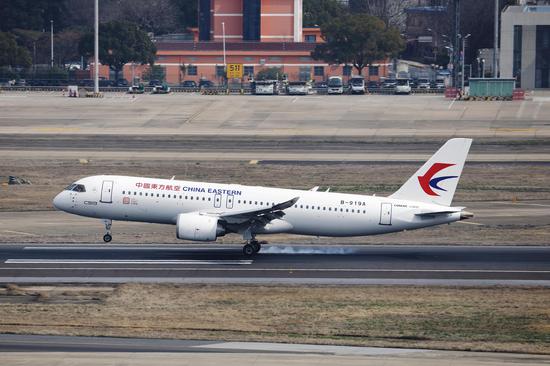














 京公网安备 11010202009201号
京公网安备 11010202009201号